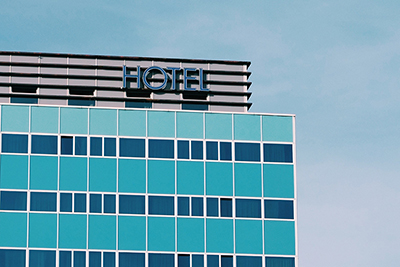
Lenders Active in Hotel Sector

Lenders remain active in the hotel sector despite rising interest rates, inflation and recessionary fears, reported real estate investment banking firm RobertDouglas, New York.
But the Ninth Annual RobertDouglas Lender Survey said more than two-thirds of lenders are now implementing more stringent underwriting criteria as a hedge against economic uncertainty. In addition, almost one-third of participants now require interest reserves.
While the location and quality of the asset remain the most important “gating” issue for loan requests, cash flow metrics such as debt yield and debt service coverage ratio followed closely behind, the report said.
“Although we’re seeing a growing portion of lenders focus on cash flow metrics, debt funds continue to accept a wider range of underwriting metrics to provide liquidity to challenged assets while traditional bank lenders require higher debt yield and DSCR metrics,” said Stephen O’Connor, RobertDouglas Partner and Managing Director.
More than three-fourths of lenders surveyed said an economic slowdown remains the biggest threat to hotel loan portfolios, consistent with previous years’ surveys. This year, refinancing risk rose to become the second top concern for lenders as they begin to plan for loan maturations.
“The greatest change to this year’s survey from prior years is that refinancing risk emerged as a top portfolio threat,” said RobertDouglas Managing Director Matthew Dower. “While it’s great to see hotel lenders remain optimistic and active, today’s increasing borrowing costs and higher exit cap rates are dampening underwriting activity at present.”
Hotel lenders expect a more stable rate environment this year than last year, with flat or moderately tighter senior mortgage spreads, the report noted. “The outlook for 2023 and beyond is cautiously optimistic and signals more liquidity in hotel lending markets over the coming months,” RobertDouglas said.
